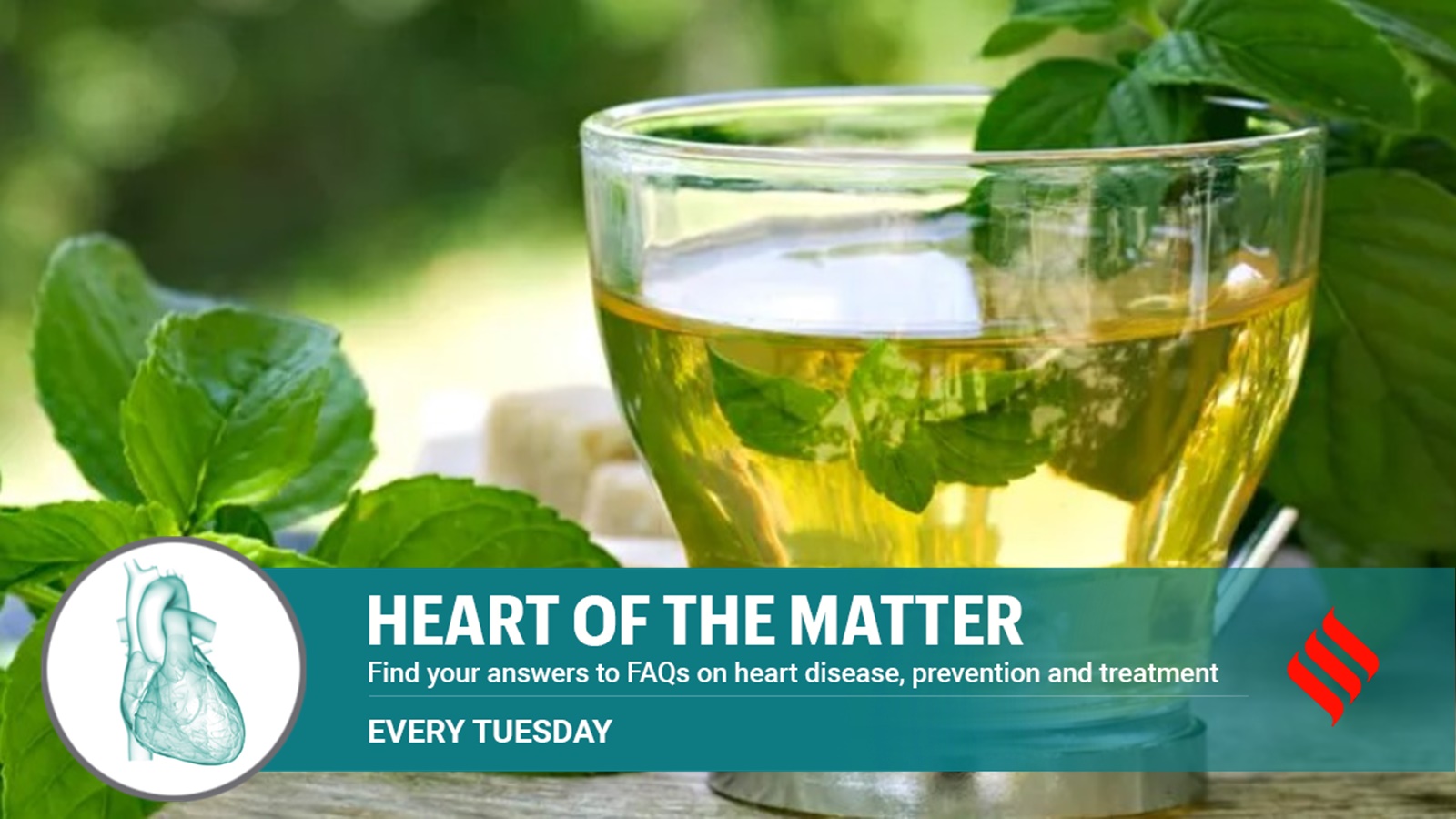Actor Jason Shah has recently opened up about his personal struggle with sex addiction, shedding light on a topic often shrouded in stigma and misunderstanding. The Heeramandi actor described the challenging journey of overcoming his addiction , emphasising the difficulty he faced in breaking free from its grip in conversation with YouTube channel Shaardulogy. He spoke about his various addictions, “It was alcohol. I was smoking about two and a half packs a day. I can definitely say I was addicted to women. It was a sex addiction which was very difficult for me. I think it was one of the bigger ones to leave.” When he was asked about recovery, he revealed, “God is so good and his grace is so sufficient for me that his love just overrode everything.” The actor also shared that he is currently in a relationship but has made a significant lifestyle change, adhering to a ‘no sex before marriage’ principle. Sex addiction can have a negative impact on a person’s life. Dr Arun Kumar, senior consultant psychiatrist at Cadabams Hospitals explains what they are. Dr Arun Kumar senior consultant psychiatrist at Cadabams Hospitals, says, “Sex addiction can manifest through various behavioural and emotional signs.” “Individuals often engage in excessive sexual fantasies, urges, and behaviours that dominate their lives,” he states. Despite knowing the potential negative consequences, he adds, individuals might partake in unsafe sex, frequenting sex workers, or having multiple partners. “Such individuals also make repeated unsuccessful attempts to curb sexual activities, indicating a loss of control.” Emotional signs often include feelings of guilt, shame, or remorse. “After engaging in sexual activities, individuals frequently experience intense feelings of guilt and shame, contributing to a cycle of negative emotions,” says Dr Kumar. Sex is used as a coping mechanism to manage stress, anxiety, loneliness, or depression, rather than seeking healthier coping strategies. Moreover, individuals experience persistent anxiety or depressive symptoms related to their sexual behaviours and their inability to control them. “Recognising these signs early on is crucial for timely intervention and support,” Dr Kumar stresses. Sex addiction typically develops due to a complex interplay of genetic, psychological, and environmental factors, mentions Dr Kumar. Key contributing factors include: Trauma: Research indicates that a significant number of individuals with sex addiction have a history of trauma, particularly childhood sexual abuse or neglect. This trauma can lead to maladaptive coping mechanisms. Neurochemical Imbalance: Imbalances in brain chemicals such as dopamine, serotonin, and norepinephrine can contribute to the development of addictive behaviours. These neurochemical changes often lead to a heightened need for reward and pleasure, driving compulsive behaviours. Psychological Issues: Underlying mental health conditions like depression, anxiety, and personality disorders can exacerbate the addiction. For example, borderline personality disorder (BPD) and obsessive-compulsive disorder (OCD) are commonly associated with sex addiction. Environmental and Social Factors: Exposure to highly sexualized environments, easy access to pornography, and societal pressures can also play significant roles in the onset of sex addiction. Dr Kumar recommends the following strategies and therapies for overcoming sex addiction: Cognitive Behavioural Therapy (CBT): CBT focuses on identifying and changing negative thought patterns and behaviours. It helps individuals develop healthier ways of thinking and coping. Dialectical Behaviour Therapy (DBT): DBT is particularly useful for managing intense emotions and developing healthy coping mechanisms. It includes skills training in mindfulness, distress tolerance, emotion regulation, and interpersonal effectiveness. 12-Step Programs: Programs like Sex Addicts Anonymous (SAA) provide structured support and a sense of community, which is vital for recovery. These programs follow a step-by-step approach to overcoming addiction, fostering accountability and peer support . Individual and Group Therapy: Both individual and group therapies offer safe spaces for individuals to explore their underlying issues and gain support. Group therapy, in particular, can reduce feelings of isolation and provide insights from others facing similar challenges. Medication: In some cases, medications may be prescribed to manage underlying mental health conditions or reduce compulsive behaviours. Selective serotonin reuptake inhibitors (SSRIs) and mood stabilisers are commonly used. None
Popular Tags:
Share This Post:

Women’s T20 World Cup 2024: Full schedule, match dates, groups, squads and venues
August 27, 2024What’s New
Spotlight
Today’s Hot
-
- August 27, 2024
-
- August 27, 2024
-
- August 27, 2024
Telegram becomes free speech flashpoint after founder’s arrest
- By Sarkai Info
- August 27, 2024
Featured News
IBM to close China R&D department, affecting over 1,000 jobs
- By Sarkai Info
- August 27, 2024
Latest From This Week
How India’s U-15 winner trained in China, won local tournament at 6
ARTICLE
- by Sarkai Info
- August 27, 2024
OpenAI supports California AI bill requiring ‘watermarking’ of synthetic content
ARTICLE
- by Sarkai Info
- August 27, 2024
Subscribe To Our Newsletter
No spam, notifications only about new products, updates.





























